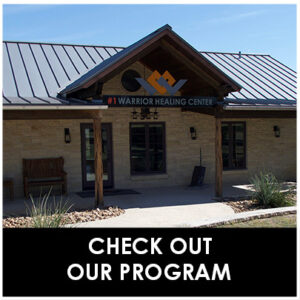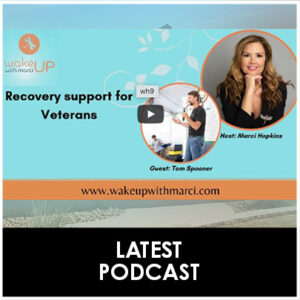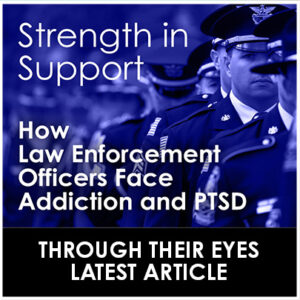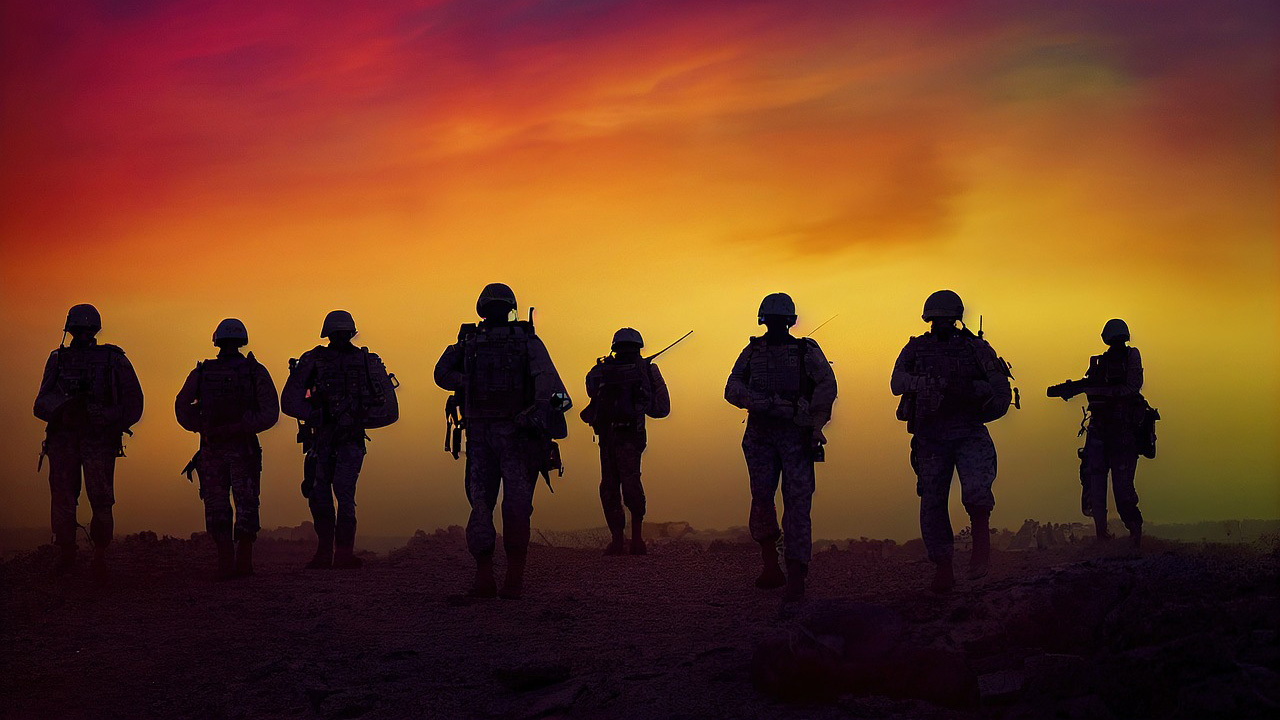“I wanted to be a Sniper for as long as I can remember,” recalls Justin Collins*. “Ever since I was in elementary school, I wanted to do the stuff they showed ‘heroes,’ doing.”
A child of two veterans, Collins enlisted when he was 17. “I had barely graduated, and two weeks out of high school I was on my way. By the time I was 18 I was on a plane, on my first deployment.”
Over the next several years, Collins deployed six times: three to Iraq and three to Afghanistan; as a sniper within his unit in the 1st Ranger Battalion. Collins spent the rest of his military career in Special Operations as a Sniper, a role he was beyond proud of and a title he carried with honor.
“It was my identity – everyone knew I was that guy.” Collins not only demonstrated his prowess down range – he also competed in Sniper competitions; representing the Army, his Unit, and eventually as a professional once he retired.
After some time, Collins began to recognize that he needed to do more. “There had to be more than living in my glory days among the next generation of guys, who were moving faster and only getting younger. I needed a next step – but the only thing I knew was the military.”
The word ‘identity’ is commonly used when expressing our choices in fashion, culture, orientation, and hobbies – but does that also apply to our jobs?
“Nothing of me is original. I am the combined effort of everyone I’ve ever known.”
― Chuck Palahniuk
To some, especially those who have served in the military or public service arenas, their profession is deeply entwined in their identity. So much so, that we overlook how they might feel when they make the decision to leave that extreme line of work.
“One of the most common threads among veterans and first responders, is the desire to serve and protect communities,” stated Lisa Lannon, Co-Founder of Warriors Heart. “These men and women who have served in the military, choose to serve their communities when they leave active duty. This transition allows them to stay involved in a career where their skills are easily transferrable.”
While the transition in careers can seem like a natural fit (training, discipline, and mental fortitude), many don’t realize that this newfound career offers something significantly larger than themselves.
Veterans, active members of the military, first responders, and firefighters are collectively faced with traumatic events during their service. The experiences they live each day – in memory or daily exposure – slowly cause a feeling of dread that can lead to PTS and unravel into a dependency on alcohol and substance abuse.
Several parallels between the two professions make many veterans feel at home and connected to a family much like their military family. Both professions are known for their love and commitment to community, country, and most importantly, one another.
Having experienced or witnessed a deeply distressing or terrifying event, seen innocent life taken, witnessed friends being wounded or been caught for what seemed like days in the heat of a firefight, some memories you’d rather forget. Some of your experiences leave a mark on you that changes the way you see the world. The unique relationships built in the families of military members and first responders is unparalleled.
“It takes a warrior to understand a warrior,” recalls Collins.
If you or a warrior need help with addiction, PTS or co-occurring issues, please contact Warriors Heart’s 24-hour hotline (888-440-7107) answered by warriors and/or visit https://warriorsheart.com.
Call 24/7 @ 1 844-958-1183 or visit the link below.
https://www.warriorsheart.com/contact-us/














